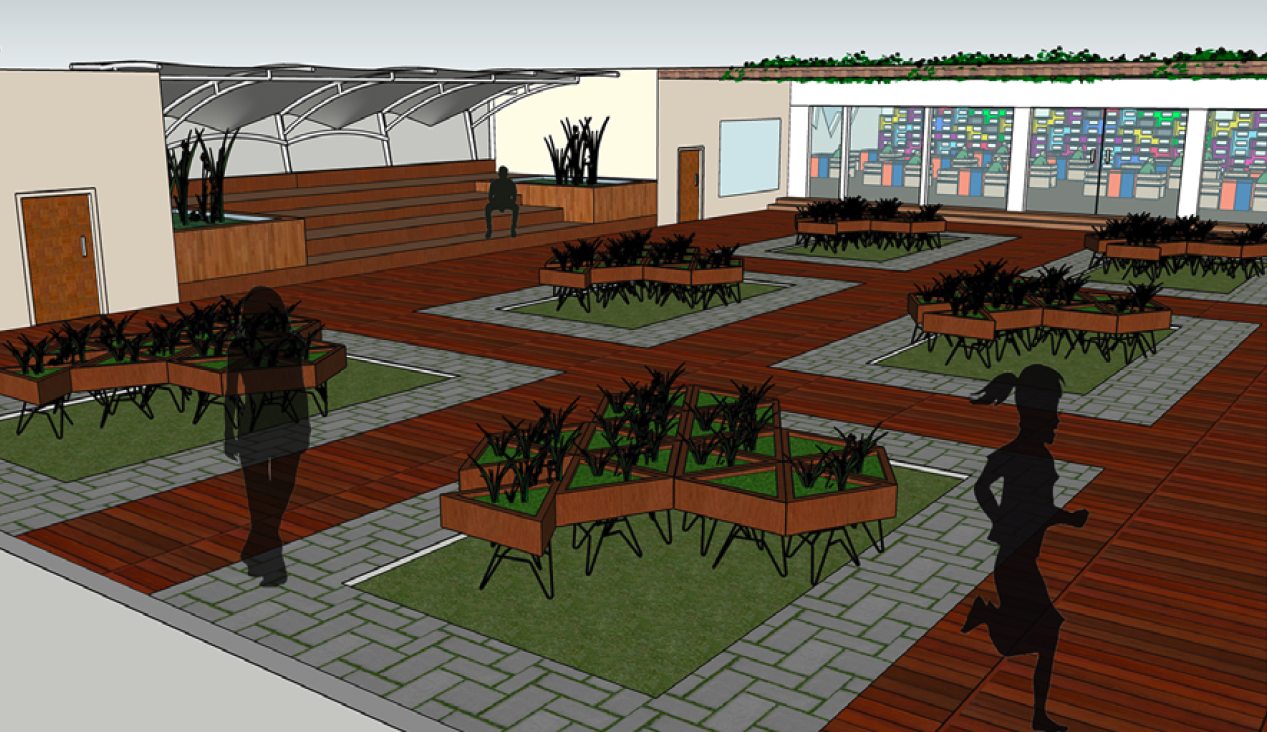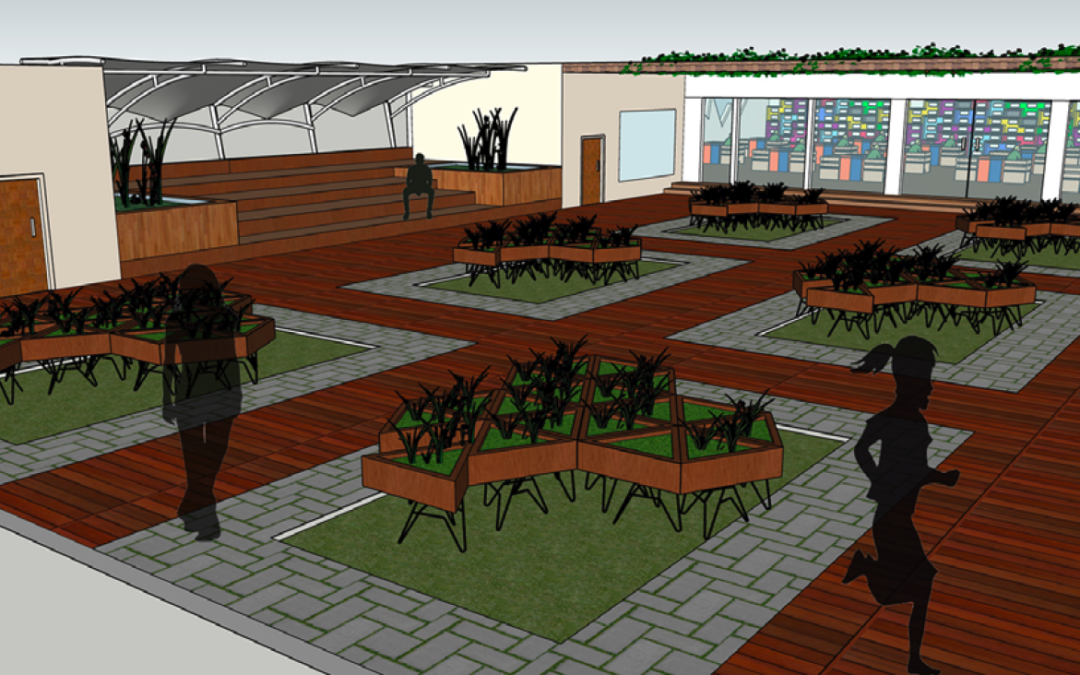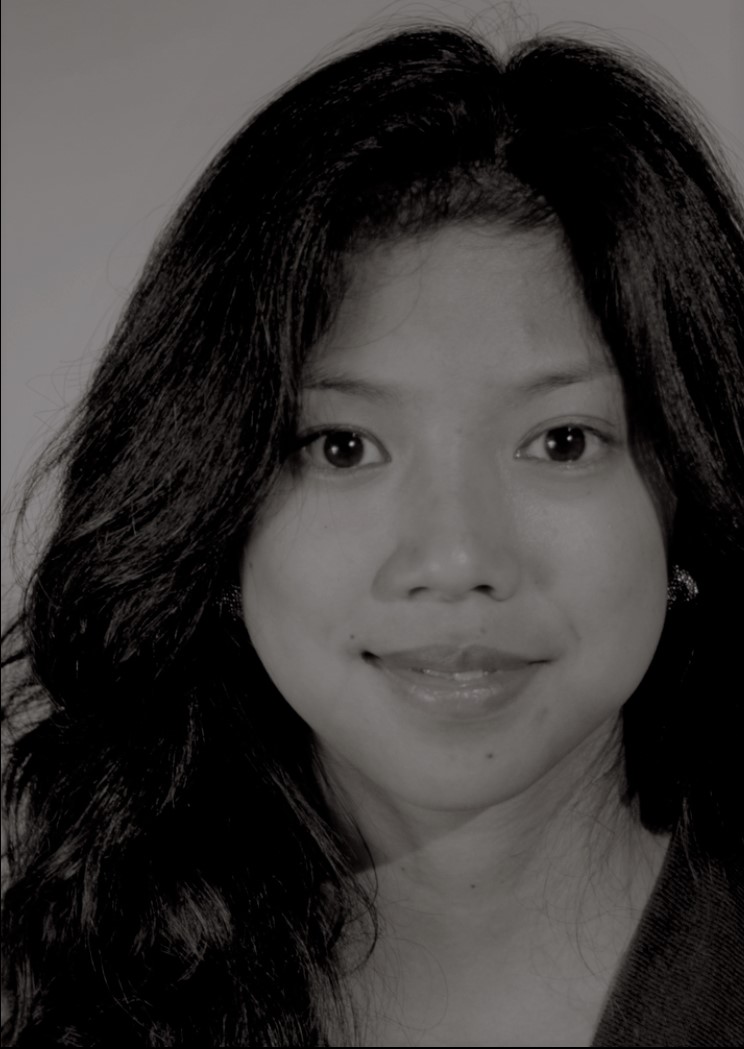Alumni
Chatting with DFM Alumni: Emily Cheesman

11 August 2020
As part of Emily Cheesman’s Master of Occupational Therapy she is completing a stream of units with DFM. Read about her introduction to design thinking below.
Can you describe Design Factory Melbourne in three words? Applied creativity, and lots of practice.
What sort of projects did you work on at DFM? I’ve only done one unit with DFM so far, which was about teaching us the tools of design work. We worked with hypothetical scenarios, including one looking at a low SES school, who we were hoping to engage more in science subjects. Our other hypothetical project was to redesign a kitchen for someone who had experienced a stroke, and we worked with folks from graphic design, industrial design and architecture.
What has been your favourite DFM memory so far? I really enjoyed learning all the different processes and tools that you can use to generate thinking. A lot of previous work experience I’ve had and my studies have been very geared towards getting the perfect answer. DFM is about exploding with ideas, then trying to reign it back in, and then finally hitting a brief at the end.
“It made me realise that there are a range of really good processes, tools and activities that are a lot more fun than typical brainstorming.”
I was really looking forward to the prototyping, but then COVID put a pin in that.
What skills has DFM taught you? Definitely design process skills – they’ve been really helpful. I’d heard about user-centred design and design-based thinking before, but I hadn’t yet understood what they actually meant and how to take something from a question you are trying to answer to a proposed solution. So it was good to have an understanding of the framework of how to go through that process. The tools we learned were especially helpful once COVID hit and we had to collaborate via our living rooms. It was also good to have practice working with disciplines that approach problems differently, and also have the opportunity to explain and contribute my own disciplinary perspective.
Due to COVID, Emily didn’t have the typical DFM experience, instead having to collaborate with her teammates via her living room.
What has been your biggest learning experience? How important it is to build space to fail. When you include failure as part of a best practice process, I think you get far better ideas.
“You can put out all the craziest ideas, and sometimes they will remain crazy and unattainable, but sometimes someone could say ‘this could be a thing, let’s try it’, and it becomes far richer than it would have been before. And if it doesn’t go any further than just an idea, it doesn’t matter.”
What value has your time with DFM so far brought to your personal journey? I found the self-reflection exercises to be really good. In Occupational Therapy, we’re reminded constantly that it’s important to understand where we’re coming from go ensure we can support our clients’ aspirations and the best outcomes for them. But sometimes when you’re focusing on understanding the clinical work, you don’t really sit down and think about what you’ve learned or why you’re approaching something in a particular way.
DFM’s self-reflection process gave an opportunity for that, and it reminded me how helpful it is to set aside time in a project to think about what went well and what could be improved.
Coming from a Health Sciences perspective, what was it like studying Design? I have studied different disciplines before I did Health, like Law. But these disciplines have a very linear process of thinking and you are often required to make decisions super quickly. There’s a lot of pressure for it to be the best decision possible in a short amount of time.
“Design was fabulous, as it showed me that there are different ways to approach finding an answer to a question.”
While it may require more time or a different set of skills, there are a whole range of approaches that you can use which still support health sciences or policy approaches as well.
What’s one thing you’ll miss about DFM when you’re done? The permission to be super creative and to put out silly ideas and test them. Too often in other parts of your life, you don’t have the luxury of exploring all the ‘what if’ questions and why something is the way it is and what can be done to make it better.

A Garden Classroom concept which Emily and her team created in Semester 1
What has been the key take-away of your DFM experience so far? It’s a great opportunity to practice failing, to ask the questions that you can’t often ask in professional settings, and to explore why things are done in particular ways. It’s good to be exposed to different disciplinary perspectives to understand what they contribute and what your own discipline may be lacking.
Sound good? If you are interested in having a Design Factory experience as part of your degree – check out your study options here or email us to chat to the team.


